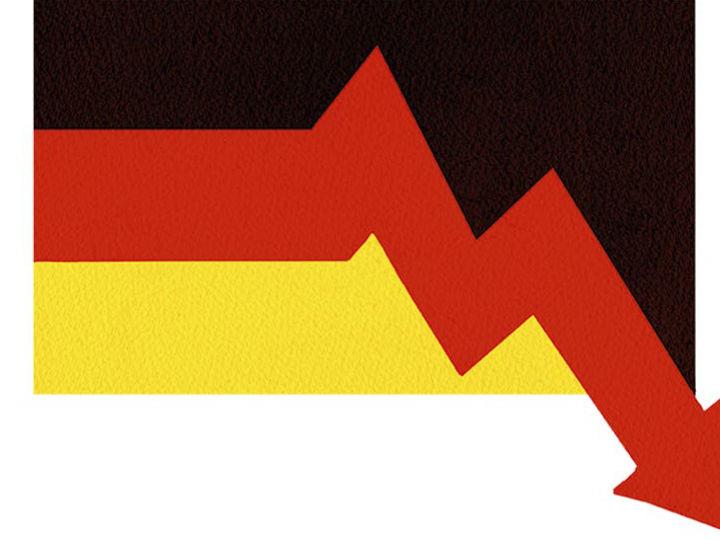by Davide Basso
The French government is set to present a plan to better regulate the commercial work of social media influencers to ensure they, as well as the consumers of their content, are better protected, Economy Minister Bruno Le Maire told Franceinfo on Monday.
The global social media influencer market is estimated to be worth over €15.3 billion in 2022. In France, influencer marketing is one of the most effective forms of promotion for French brands, with 68% using influencers, particularly on Instagram, to push their products.
This high-value market with unprecedented reach has led to concerns from lawmakers about the power, and influence they wield.
“Influencers must be subject to the same rules as those that apply to traditional media,” Le Maire said, adding the internet “is not the WIld West” and he, therefore, wants to “give a status and reinforce controls” on influencers.
“It is not a fight” against them. Instead, there must be “a system to protect influencers, not stigmatise them,” he noted.
The influencer marketing industry has been proliferating in recent years, both in Europe and worldwide.
The objective is to fight against the “unacceptable drifts” of the influence sector to “protect French consumers”.
Influencers are social media users with significant followings on sites such as Instagram, TikTok and YouTube who often engage in marketing and promoting products or services in return for payment.
A survey estimates that in 2022 there were almost 10.5 million European Instagram users considered influencers as they had more than 1,000 followers.
A public consultation was launched in France at the start of the year, involving players in the influence sector, and resulted in several recommendations, which could be included in the plan announced by Le Maire.
These include a legal definition of influencers and their agents and strengthening their contractual obligations. The prohibition or restriction of the promotion of certain products could also be envisaged, as could the creation of a label certifying the responsibility of a content creator.
Last January, the services of the Directorate-General for Competition, Consumer Affairs and Fraud Control (DGCCRF) noted “anomalies” among 60% of the influencers inspected, who “did not respect the regulations on advertising and consumer rights”.
According to the DGCCRF, “all of the influencers [inspected] did not comply with the rules on the transparency of the commercial nature of their publications”.
The report states that some “misled consumers about the properties of the products sold […] or promoted risky products or services”.
In rarer cases, some have offered, or even organised, the misuse of public funds dedicated to training to obtain gifts or monetary rewards or pushed their followers to resort to cosmetic practices that are dangerous to health.
In recent years, several influencers have been taken to court, suspected of having set up scam or fraud schemes, or even convicted.
Currently, the only restrictions on influencers come from the platforms where they must state whether a post is remunerated or in collaboration with a particular brand.
Striking the ‘right balance’
According to an external 2022 study requested by the European Parliament’s IMCO committee, consumers engage with influencers voluntarily but are simultaneously “exposed to advertising that relies on the relationship between the consumer and the influencer, which raises concerns about the protection of consumers”.
The study defined an influencer as “a content creator with a commercial intent, who builds trust and authenticity-based relationships with their audience (mainly on social media platforms) and engages online with commercial actors through different business models for monetisation purposes”.
Influencers are also often funded directly by their fans or through their business ventures and brand collaborations.
But the study warned that in certain practices, influencer marketing could have a negative impact on consumers, including children and teenagers.
Among the recommendations provided by the study is relying on and expanding existing consumer protection legislation and supporting member states in developing digital tools to better monitor influencers’ commercial activities.
However, the study also emphasises that influencer regulation should be careful to strike the right balance, to avoid obstacles to online social interaction and non-commercial content creation.
*first published in: Euractiv.com




 By: N. Peter Kramer
By: N. Peter Kramer

